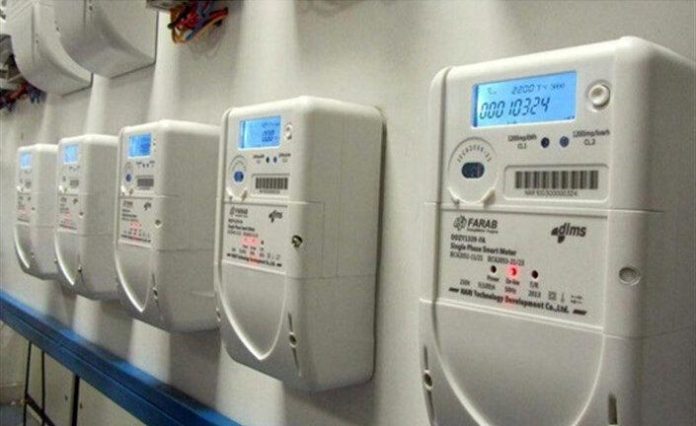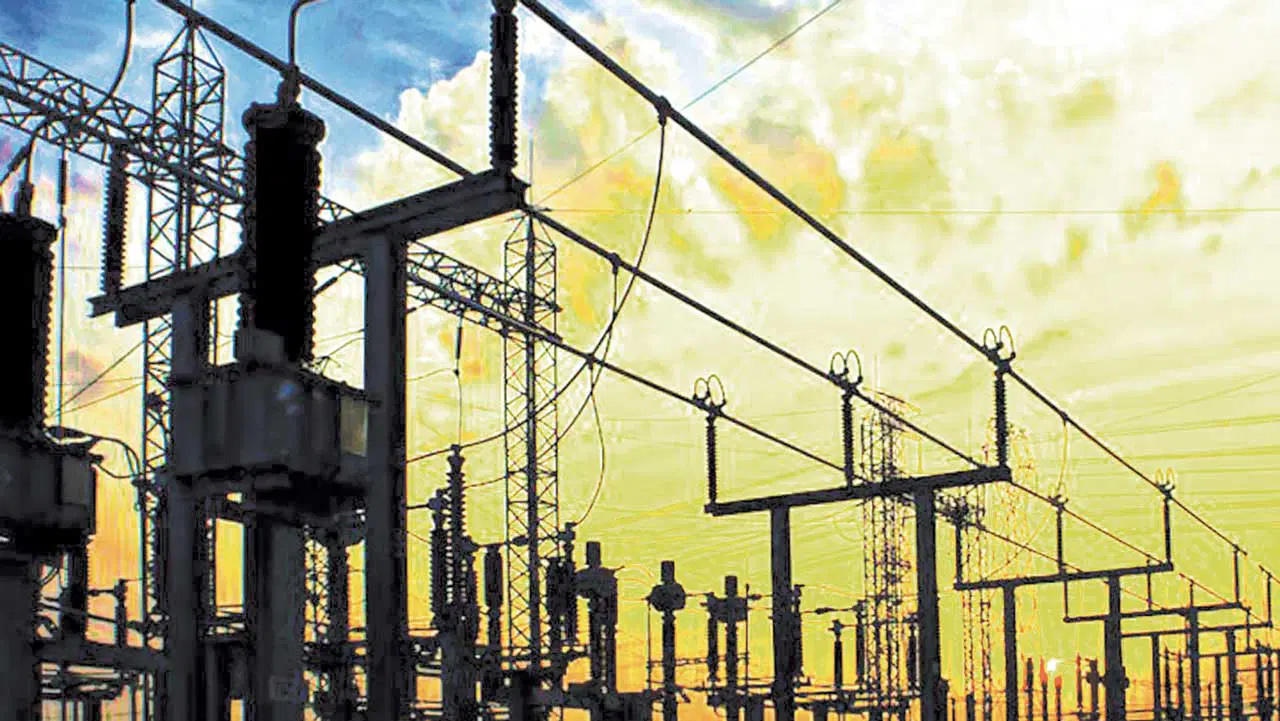The National Assembly is considering scrapping the Nigerian Electricity Regulatory Commission’s (NERC) Band A, B, C, and D tariff categories in its ongoing review of the 2023 Electricity Act.
Lawmakers argue the categories are unconstitutional and have worsened the burden on households and businesses already battling high inflation and poor services.
Since the introduction of the Band tariffs, Nigerians have seen monthly electricity bills rise by as much as 250%. Many manufacturing firms say energy costs now swallow their profits, while civil society groups insist families are being pushed into deeper hardship.
“We are going to review the issues surrounding electricity tariffs category like Band A, B, C and D introduced by NERC because, we have been inundated with many petitions, letters, emails, request on the issue from different spheres of life as it affects Nigerians, manufacturing sector, other key sectors of the economy and even we, the legislators in the National Assembly, even though, we know it’s not in our power sector reform Act that was passed into law,” a lawmaker told reporters.
At the heart of the debate is the government’s decision to gradually remove subsidy on electricity. Under the Multi-Year Tariff Order (MYTO) implemented in June 2025, tariffs rose again — but supply and service delivery remain unreliable.
Clash Between NERC and States
The 2023 Electricity Act gave states powers to regulate generation, transmission, and distribution. That shift created new tensions.
Enugu State, for instance, cut tariffs from ₦112 to ₦45 per kilowatt hour, creating a shortfall of ₦69. The move angered NERC, but won praise from residents who felt immediate relief.
Former NERC Chairman Dr. Sam Amadi defended Enugu’s action, calling the Band tariffs unconstitutional.
“Yes, Enugu State has done what NERC cannot do. It has reduced the tariffs for its citizens, people are happy. So, NERC can do the same or look at copying Enugu State methodology by reducing electric tariffs for Nigerians since the Federal Government is still paying subsidy for power supply,” he said.
Amadi also argued that Nigerians should only pay for “efficient cost” of power, not for losses passed down by the distribution companies (DISCOs).
“Sometimes, when I see the figures in the bills the DISCOs are giving Nigerian consumers, it is really crazy,” he added.
Lawmakers are also pushing for the creation of a National Electric Power Policy Council to oversee reforms and align federal and state policies.
The hope is to tackle what they describe as 90% of the problems in the sector — from weak transmission, multiple tariffs, to poor regulation.
Rate, Like 👍, Comment💬, share this article and Follow us on our social media handles. You can also Submit your own story to get featured and earn rewards!







